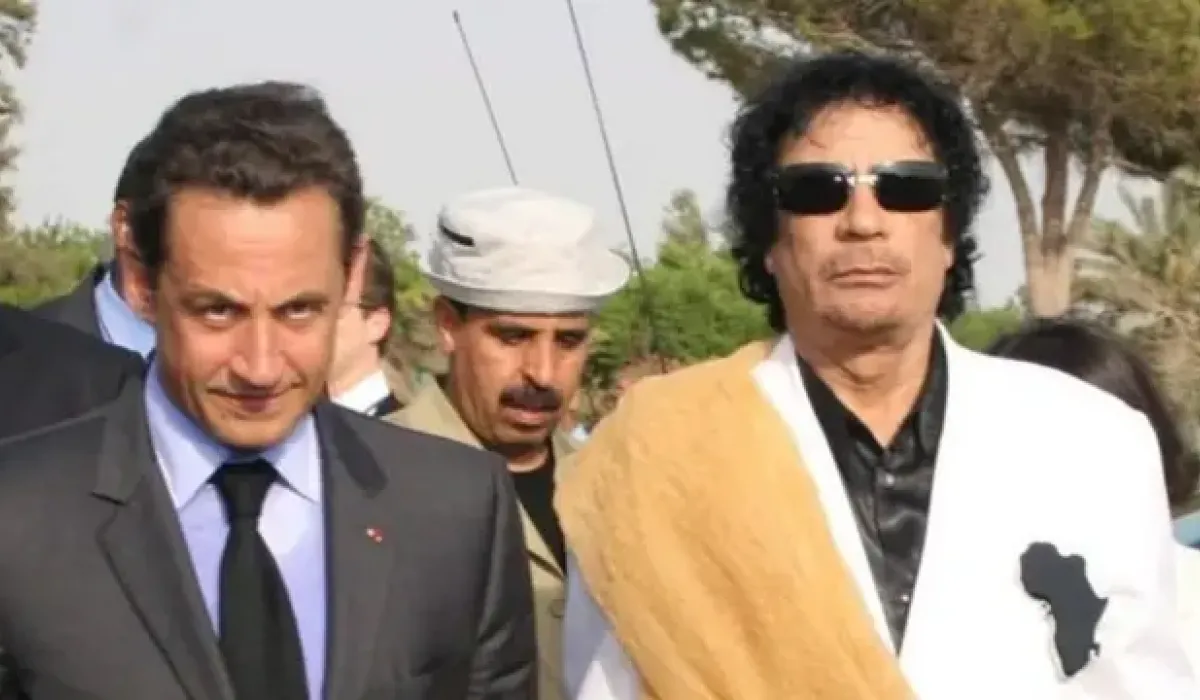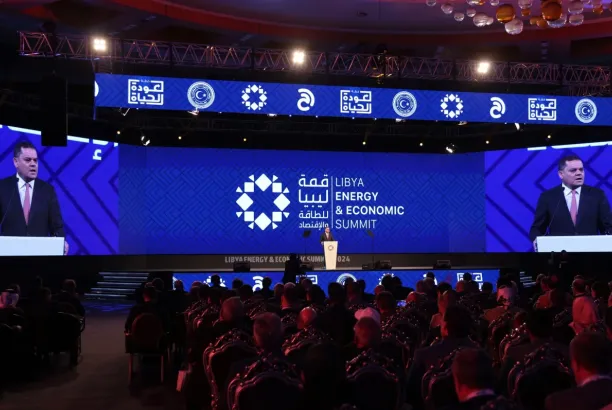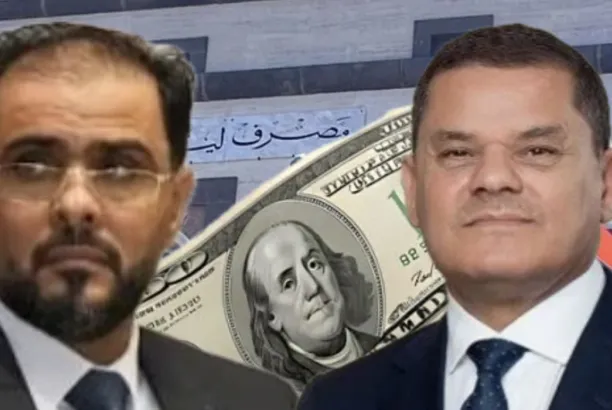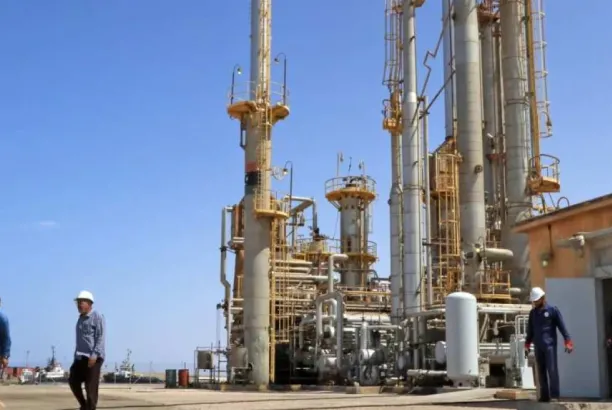
| Reports
Libya’s Oil and Gold Reserves Entice Western Governments… Sarkozy Returns to Court Bearing “Gaddafi’s Legacy”
The British newspaper The Independent published a report on Saturday shedding light on a meeting held in Tripoli in 2005. Officially, the meeting between Colonel Muammar Gaddafi and Nicolas Sarkozy—then France’s Minister of the Interior and preparing for his 2007 presidential bid—was to discuss irregular migration.
The newspaper reported that an agreement was allegedly reached, as evidenced by statements from seven senior former Libyan officials. These accounts referenced secret trips by Sarkozy’s campaign manager Claude Guéant, a close associate of Sarkozy, Brice Hortefeux, and notes from former Libyan Oil Minister Shukri Ghanem, whose body was found in the Danube River in 2012.
This agreement initially appeared as an “international rehabilitation” for Gaddafi. After being elected president, Sarkozy welcomed Gaddafi with great fanfare during a controversial visit to Paris—the first in three decades.
The deal also translated into major contracts and judicial assistance for Libyan intelligence chief Abdullah Senussi, who was sentenced to life in absentia in France for his role in the 1989 bombing of a French airliner that killed 170 people, including 54 French citizens.
The newspaper noted that about 20 individuals are involved in the trial, including two experienced negotiators in international parallel dealings: French-Algerian businessman Alexandre Djouhri and Franco-Lebanese Ziad Takieddine, who fled to Lebanon where he remains.
Investigators discovered three wire transfers totaling €6 million ($6.18 million) in one of Takieddine’s accounts from Libyan authorities, and he spoke of “suitcases” filled with cash handed to Claude Guéant containing “large bills.”
Investigations also revealed unexplained cash circulating within Sarkozy’s campaign headquarters. Eric Woerth, then Minister of Finance, described them as “anonymous donations” amounting to only a few thousand euros.
Guéant’s lawyer, Philippe Bouchez El-Ghozi, stated that his client “will appear in court,” emphasizing that after more than a decade of investigations, no crimes have been proven. He decried the accusations as a “series of allegations, hypotheses, and estimates.”
A Case of Retaliation?
Sarkozy denies all accusations, describing the charges as mere “retaliation” from Libyans due to his support for the Arab Spring revolution that toppled Gaddafi. His lawyers deny any illegal financing, asserting that no trace of such funds was found in his campaign accounts.
Hassane Abidi, director of the Geneva-based Center for Arab and Mediterranean Studies, observed that Libya was “a lawless state” when Sarkozy assumed office in 2007.
The Independent added that French diplomat Patrick Haimzadeh, who served in Tripoli between 2001 and 2004 and authored In the Heart of Gaddafi’s Libya, said it was widely known that Gaddafi’s regime financed foreign leaders or political figures—often through cash-filled suitcases. He emphasized it is up to French courts to determine if Sarkozy was one of the beneficiaries.
The newspaper highlighted that the Franco-Libyan dialogue was revived before Sarkozy’s 2007 election, starting in 2001 under then-President Jacques Chirac after Gaddafi strongly condemned the September 11 attacks in the United States.
Although Libyan attitudes shifted, lingering French reservations over unresolved disputes, UN sanctions, and other restrictions persisted. According to Haimzadeh, Paris explored “cooperation channels” limited to non-strategic areas like culture and tourism.
In 2005, a security attaché linked to France’s Interior Ministry joined its embassy in Tripoli, creating a direct line between the ministry and Libyan security officials. Sarkozy’s 2007 election marked a turning point, establishing new areas for cooperation and potential lucrative contracts, particularly in the military sector.
Gaddafi’s state visit to France in December 2007 was expected to result in contracts worth billions of euros. However, no deals were signed, straining relations. Abidi explained this tension stemmed from France viewing Libya as an untapped country requiring substantial development, particularly its oil fields. The country also boasts significant reserves of gold and silver, which entice Western governments.
In March 2011, Gaddafi’s son, Saif al-Islam, politically bombarded Sarkozy, claiming he must return the funds Libya provided to finance his campaign.
Analyst Jalel Harchaoui noted that Libyan funding for Sarkozy’s campaign was “entirely plausible,” given the long-standing practice of African dictators purchasing influence in France. He specifically cited Gabonese President Omar Bongo’s contributions to political campaigns, including Chirac’s in 1981—a claim Chirac later denied.
However, Harchaoui dismissed the notion that the 2011 NATO intervention in Libya was driven solely by Sarkozy’s desire to bury the campaign funding controversy, calling it “absurd,” according to the newspaper.





